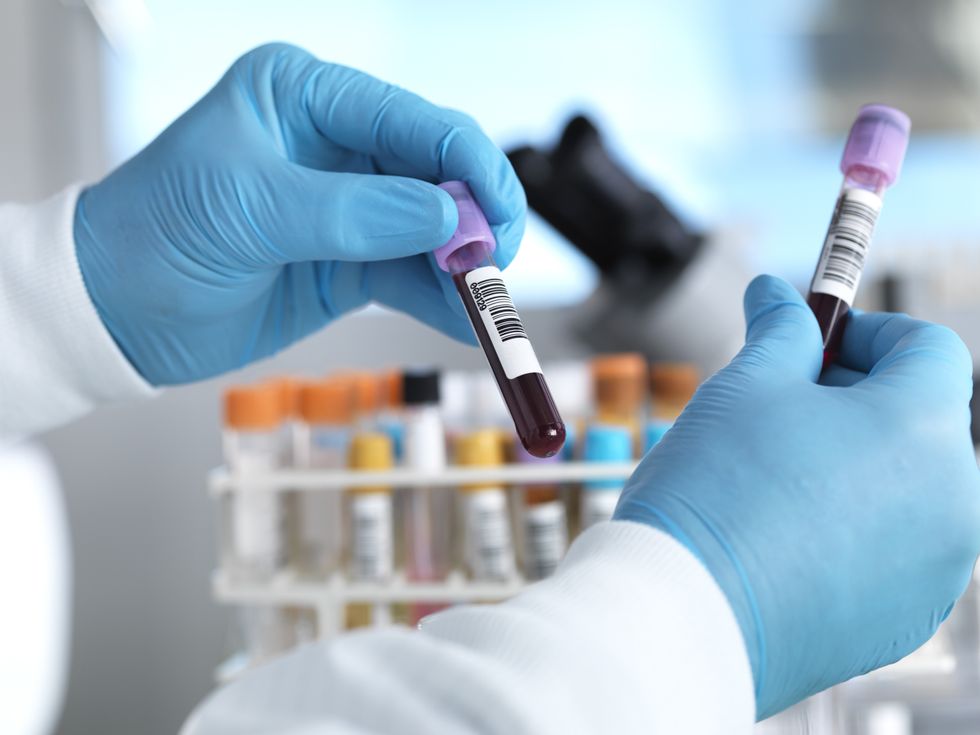Are eggs bad for cholesterol? Scientists reveal how to eat them to lower blood lipids

New findings overturn long-standing assumptions about eggs' role in heart disease
Don't Miss
Most Read
Groundbreaking findings from the University of South Australia have vindicated eggs, demonstrating they don't contribute to elevated cholesterol as previously believed.
The research challenges decades of nutritional guidance that has discouraged egg consumption due to cardiovascular concerns.
Scientists at the institution conducted pioneering research examining how eggs affect cholesterol levels when consumed as part of a carefully controlled diet.
Their investigation represents the first study globally to isolate and analyse the distinct impacts of dietary cholesterol versus saturated fat on cardiovascular health markers.

Traditional dietary recommendations have cautioned against egg consumption
|GETTY
The findings overturn long-standing assumptions about eggs' role in heart disease, offering new perspectives on breakfast choices.
The research revealed that consuming two eggs daily within a diet low in saturated fat can decrease LDL cholesterol, commonly known as "bad" cholesterol.
This contradicts traditional dietary recommendations that have cautioned against egg consumption.
The scientists discovered that dietary cholesterol from eggs doesn't elevate harmful cholesterol levels when saturated fat intake remains minimal.
Their analysis demonstrated that saturated fat consumption, rather than the cholesterol content in eggs, drives increases in LDL cholesterol and subsequent cardiovascular risks.
These findings suggest that eggs themselves aren't problematic for heart health when incorporated into an appropriate dietary pattern.
Professor Jon Buckley, who led the research, stated that "eggs have long been unfairly cracked by outdated dietary advice".
He emphasised their distinctive nutritional profile, noting they contain high cholesterol but minimal saturated fat.
"In this study, we separated the effects of cholesterol and saturated fat, finding that high dietary cholesterol from eggs, when eaten as part of a low saturated fat diet, does not raise bad cholesterol levels," Prof Buckley explained.
He characterised the findings as "hard-boiled evidence in defence of the humble egg," suggesting the research definitively clears eggs of their negative reputation regarding heart health.
LATEST DEVELOPMENTS
- Cholesterol-lowering vinegar linked to 'significant' drop in blood sugar levels in a matter of weeks
- High cholesterol: Add lipid-lowering ingredient to every meal to slash levels - 'your best choice'
- High cholesterol: A common spice 'raises the risk of high blood pressure and heart disease' - how to eat less

Cardiovascular disease claims approximately 18 million lives globally each year
|GETTY
Cardiovascular disease claims approximately 18 million lives globally each year, making it the world's primary cause of mortality. Within Australia, the condition causes one death every twelve minutes, representing a quarter of all fatalities across the nation.
Prof Buckley advised that breakfast concerns should focus on accompaniments rather than eggs themselves.
"When it comes to a cooked breakfast, it's not the eggs you need to worry about - it's the extra serve of bacon or the side of sausage that's more likely to impact your heart health," he noted.
The research suggests individuals can confidently include eggs in their morning meals while limiting processed meats high in saturated fat.











